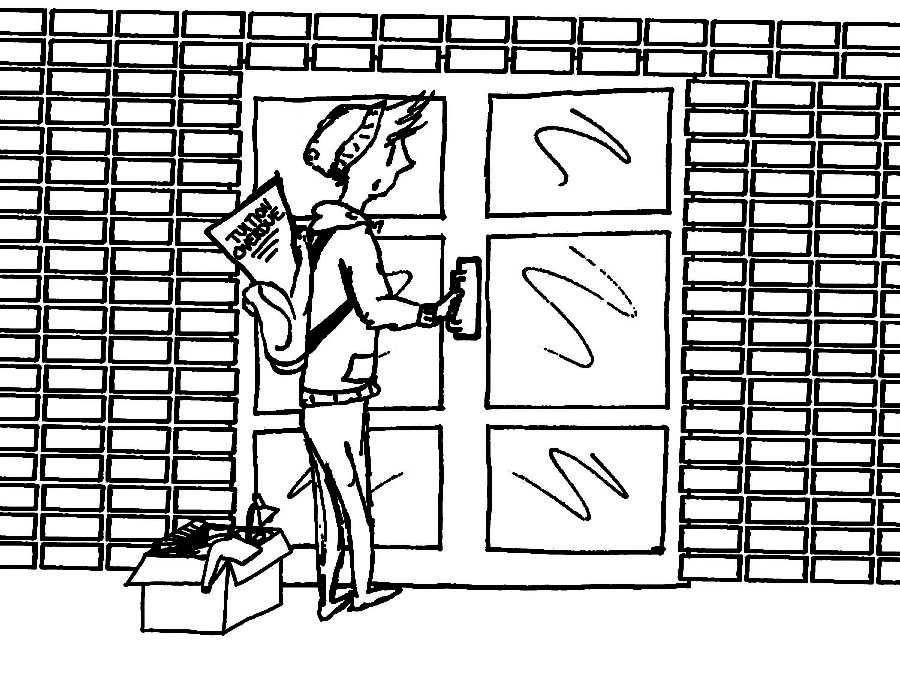Editorial: Loyola poorly executed its unpaid tuition policy
March 2, 2018
While most of campus waited for classes to be canceled during a cold spell in January, dozens of us, including some Maroon staff members, had to make sure they had a place to stay.
That’s because the university decided to begin enforcing a policy that had been ignored: if you didn’t know how you were paying tuition by the time you came back, you had a week to figure it out.
If not, you were on administrative withdrawal.
The university applied that by deactivating your student ID, so no Wolf Bucks, no swiping into the dorms.
No access to the OR, no going home to the dorms.
Now we understand it’s reasonable for an institution to expect pay in exchange for its services, however we shouldn’t do that at the expense of our values.
We can do that while embodying our values by making sure students with an outstanding tuition have access to food and shelter in freezing temperatures, instead of turning our backs.
A Jesuit university shouldn’t be using mob tactics.
It’s a policy Loyola hadn’t previously enforced, and while it’s reasonable for an institution to expect pay for the services it renders, it is possible and appropriate for it to do so in ways that reflect its values — especially at an institution that prides itself on the well-being of its students and “special concern for the poor and oppressed.”
But that didn’t seem to cross administrators’ minds when they made this decision. Nor did the fact that they should have communicated that this change was happening earlier. Instead, it appeared to be all about the bottom line. Administrators should implement policy in a Loyola fashion, showing everyone that it is not only feasible to be both fiscally and morally responsible, but it’s the right thing to do. It is being men and women for others.
It was heartless for administrators to continue to enforce a policy that they knew could have possibly denied students a place to sleep and food to eat less than a month after Christmas.
But enforcing the policy was not without its merits, according to university spokeswoman Laura Frerichs.
“Keep in mind your Wolf Bucks or ID swiping are the same as not having funds on a debit card or maxing out your credit card,” she said.
Yes — the university’s genuine argument here is that this should be taken as a life lesson.
This is a university that thinks cutting off meal plans for those of us who don’t have jobs, rely on public transportation and probably aren’t too familiar with getting around New Orleans is akin to a lesson on future credit card usage.
These students weren’t going to be able to find housing and come up with the money themselves. Not during the timeframe the university gave, especially during that freezing weather.
Yes, it’s fair to ask people to pay their tuition, but if this is the new policy going forward, it might be better to just tell students who owe not to come back to campus at all, to make students put enough down upfront to put them through the semester, or to make sure they can get home.
That’s especially true for those who live on campus and relied on its services to live.
The policy should never have been enforced the way it was, and we need to make sure what happened to dozens of students in January never happens again.
This is a Jesuit university. It ought to act like one.







